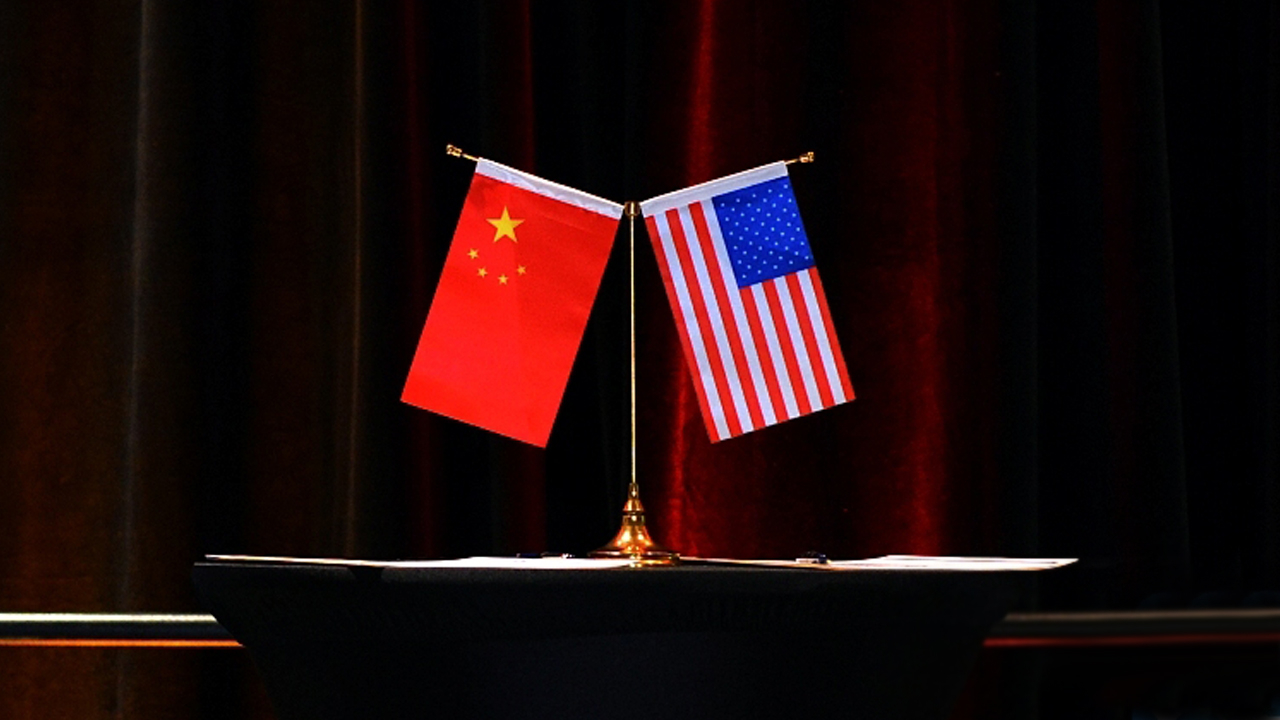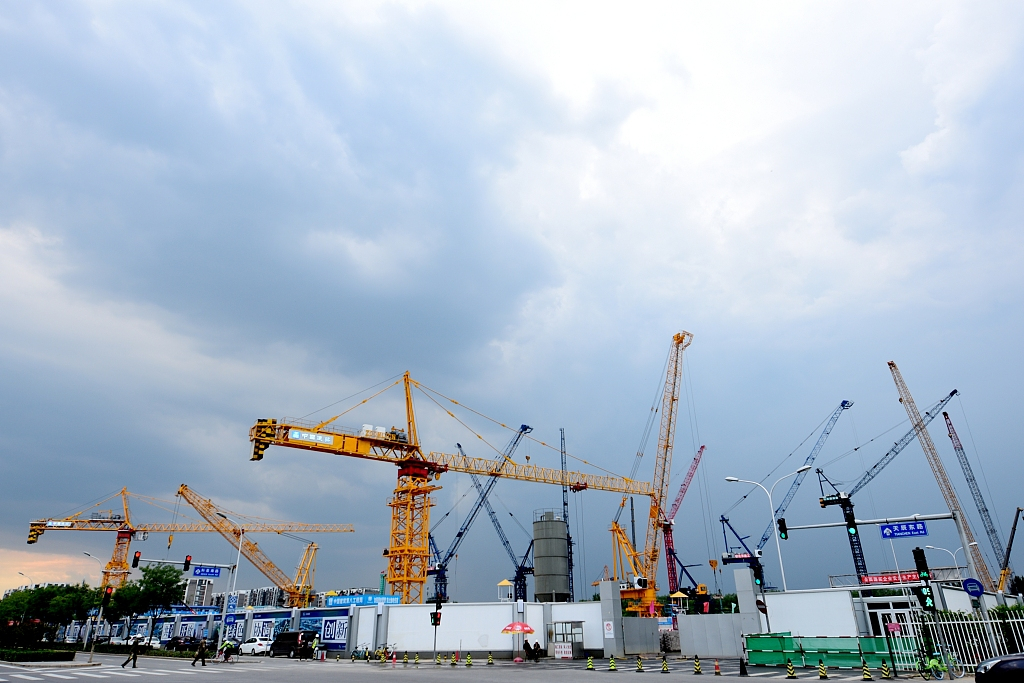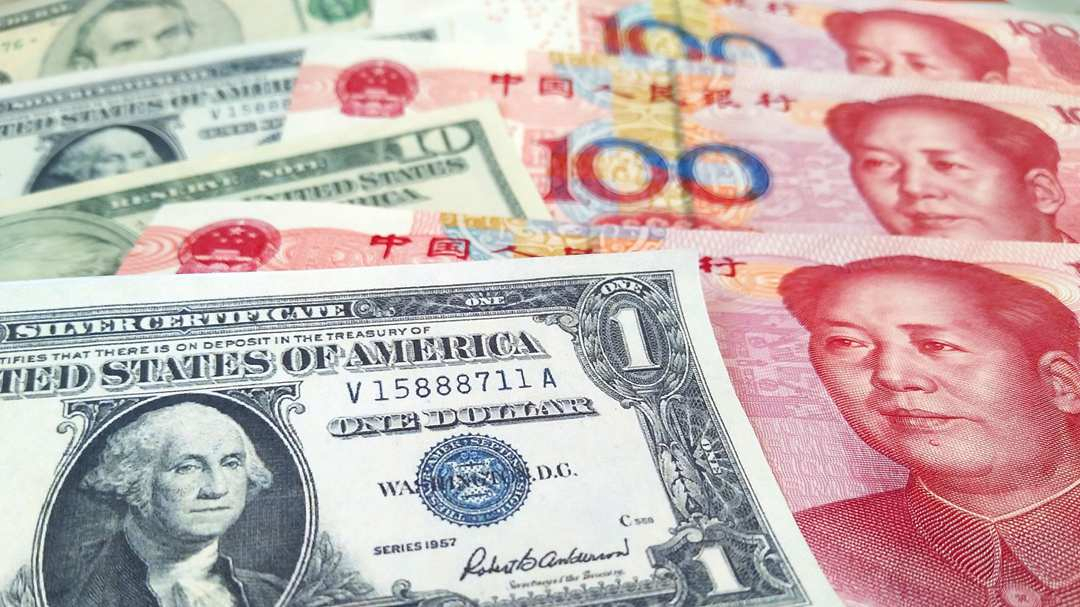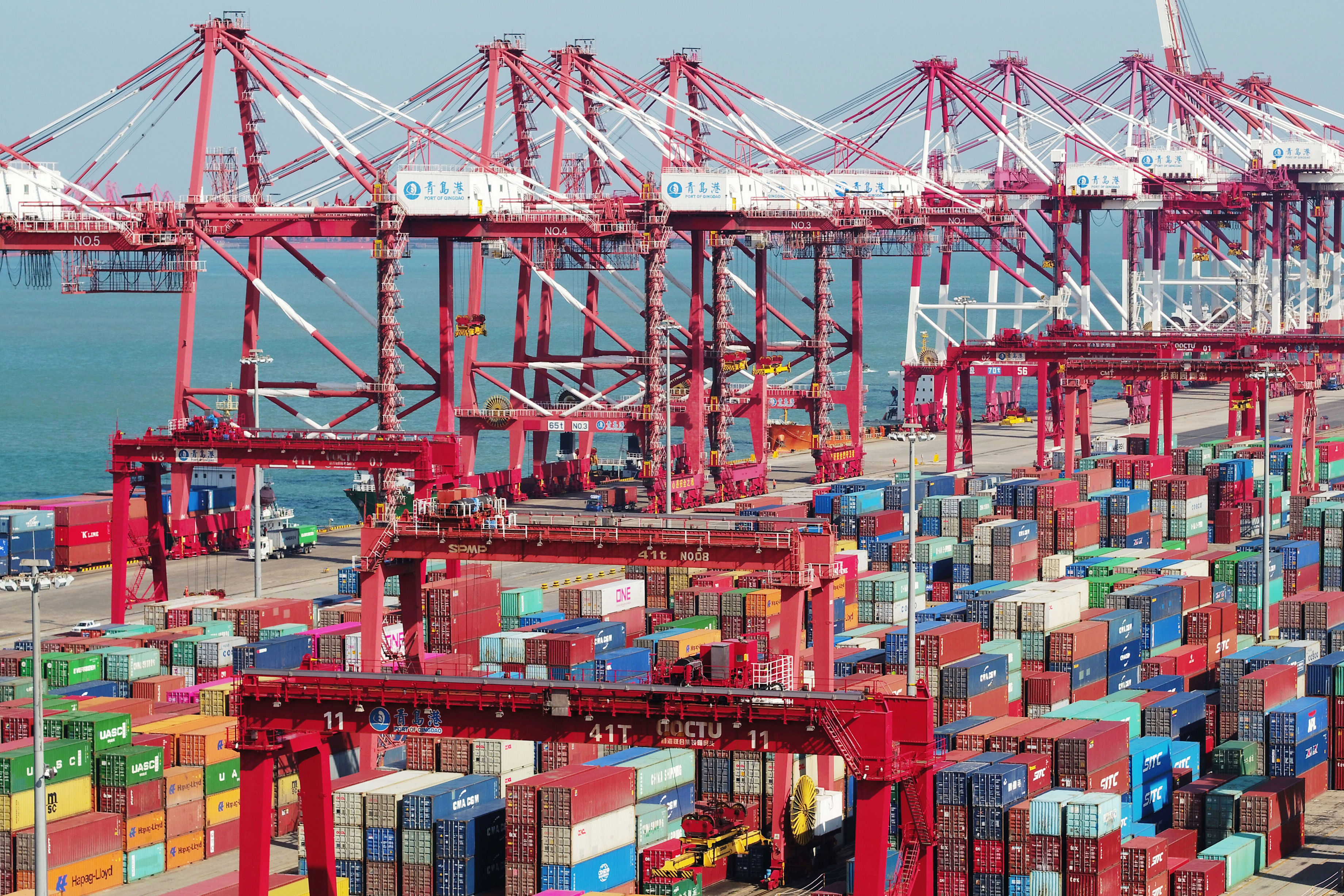

Editor's note: This article was translated and edited from a speech by Professor Yu Yongding, an academician with the Chinese Academy of Social Sciences, at Chongyang Institute for Financial Studies, Renmin University of China, on June 26, 2019. The article reflects the author's opinion, and not necessarily the views of CGTN.
The Chinese Ministry of Commerce has confirmed that in accordance with the requirements of the meeting between the two heads of state in Osaka, trade negotiating teams from China and the U.S. will restart economic and trade consultations on the basis of equality and mutual respect. With the easing of China-U.S. trade frictions, the tariff war between the two countries is unlikely to escalate.
Nevertheless, many conflicts of interest between China and the U.S. remain, and their economic frictions are part of a protracted war that cannot be resolved within a generation. We do not rule out the possibility that the U.S. will launch wars against China in the fields of investment, science and technology, exchange rate and financial services in the future.
So what are the potential battlefields of the China-U.S. trade war?
Investment
According to a survey by the U.S. Chamber of Commerce, many American businesses operating in China plan to leave China and invest in other countries such as Vietnam or India.
In response, China should do its best to let them stay. For example, infrastructure in China still needs to be built and upgraded, especially in inland regions, which are a big undeveloped market for the Americans. China needs to plan carefully so as to create the conditions for them to stay.
In addition, there exist both advantages and disadvantages for Chinese enterprises going global. Some enterprises were forced to make the move due to rising production costs, while others did so because of lagging reforms in China.

The headquarters of the Asian Infrastructure Investment Bank (AIIB) under construction in Beijing, June 25, 2017 /VCG Photo
China has yet to address problems such as employment, poverty and disparity in development among the regions. With further reforms, improved market mechanisms and incentives, China can prevent the drain of businesses.
Technology
The trade war between China and the U.S. has long moved beyond the scope of trade. The focal point now is the war on technology. The U.S. attempts to manipulate China in two ways: to demand China to solve its so-called structural issues, and to impose a blockade and embargo of technology on Chinese enterprises.
China should re-examine its own important structural issues (such as those related to industrial policies, subsidies and state-owned enterprises) from the perspective of its own experience rather than succumbing to U.S.'s pressure, in order to stimulate the ability of enterprises to innovate independently through further reform.
The Chinese government should hear the voices of enterprises and coordinate the positions of all stakeholders so as to buy as much time as possible for the adjustment of such enterprises.
While enhancing their ability to innovate independently, Chinese enterprises should stay in the industrial chain, strive to move upward and promote China's status as an end-user as a means to shorten the global value chain and develop international and regional value chains that bypass the U.S. and involve China's Taiwan, Japan, South Korea and Europe.
Exchange rate
The war on the exchange rate is a new front. China shall never agree to the U.S. demand that the Chinese yuan be stable against the U.S. dollar. The exchange rate of the Chinese currency is determined by the market. The U.S. is likely to label China a currency manipulator, which is unfair since China does not manipulate the exchange rate.

The notes of Chinese yuan and U.S. dollar. /VCG Photo
Now U.S. Treasury Secretary Steven Mnuchin has a new explanation: It is good enough that there is no intervention, but intervention in the past still accounts for intervention. What measures will be taken against a country regarded as a currency manipulator? The U.S. law says imposing tariffs. Well, with tariffs already so high, how to increase it? Only God knows.
Instead of worrying about U.S.'s unreasonable demand, China should pursue its market-oriented reform of the exchange rate to ensure the flexibility of the exchange rate and the independence of its monetary policy.
Financial services
Another area where China should stay highly alert is financial services. The U.S. has promulgated a series of extraterritorial laws to extend its jurisdiction beyond its own borders, adding businesses and individuals that violate those laws to the list of sanctions. China should strengthen compliance management and distance itself from the risk.
China's hope in financial services lies in the internationalization of the Chinese yuan. With U.S. dollar's credit rating declining and chances for another currency to replace it increasing, the opportunity seems to be approaching.
However, it remains a rigid challenge on how to seize this opportunity, how to achieve the internationalization of the Chinese yuan, and how to replace the hegemony of the U.S. dollar with a multi-level monetary system.
How should China react in face of U.S. increasing aggression?
First of all, China should continue to vigorously pursue reform and opening-up, speed up its domestic reform, strengthen and improve the protection of intellectual property and private property, accelerate market-oriented reform, and eliminate all kinds of market distortions.
To let the market play a decisive role in the allocation of resources is not to succumb to external pressure from the U.S., but for its own good.

The Port of Qingdao, east China's Shandong Province, November 8, 2018. /Xinhua Photo
Second, China should consider reducing its foreign trade dependence, which was more than 60 percent at its highest, but is now much lower. The contribution of exports to the GDP, which used to be over 30 percent, has fallen to 18 percent.
Despite the substantial progress, the numbers are still high, compared with those of the U.S. and Japan, which are both less than 10 percent. A major country like China should rely more on the domestic market and focus on driving its domestic demand.
Third, China should focus on strengthening its ability to independently innovate. Huawei has already set a good example in always having multiple plans for innovation.
Finally, China should safeguard multilateralism and the existing international order, fulfill its WTO commitments, and adhere to the policy of all-around opening-up.
While actively participating in the WTO reform, China should consider joining the Comprehensive and Progressive Trans-Pacific Partnership (CPTPP), which will help increase its self-supervision and advance its reform process.
At the same time, it may be more difficult for the U.S. to attack China if China acts in accordance with such regional treaties.
(If you want to contribute and have specific expertise, please contact us at opinions@cgtn.com.)

Copyright © 2018 CGTN. Beijing ICP prepared NO.16065310-3
Copyright © 2018 CGTN. Beijing ICP prepared NO.16065310-3